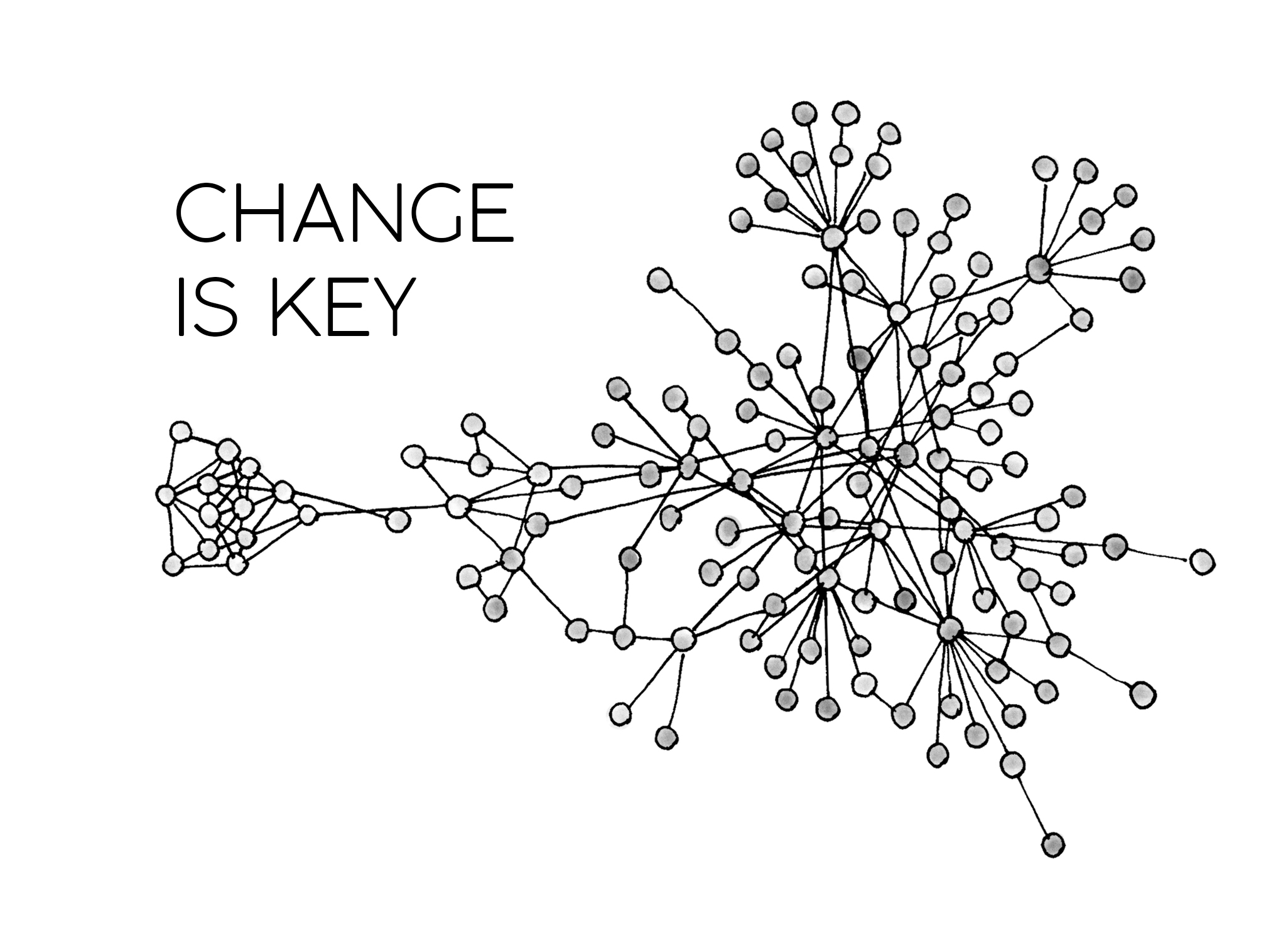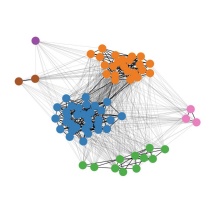We recommend Mozilla Firefox
To use this website we recommend Mozilla Firefox. Please do not use Safari, as it will cause some errors that will make it impossible to use the website correctly.
Getting Started with DURel
If you are looking for a short and concise read about the DURel Annotation Tool, please take a look at our blog post. If you want to find out more about how to use the DURel system, you can also check out this video.
Questions and Collaboration
If you have any questions, would like to use the tool for your work or would like to collaborate with us - for example to add a new language - please do not hesitate to contact us at durel@ims.uni-stuttgart.de.
Citing DURel
If you are using DURel, please cite these papers to give credit:
- Dominik Schlechtweg, Shafqat Mumtaz Virk, Pauline Sander, Emma Sköldberg, Lukas Theuer Linke, Tuo Zhang, Nina Tahmasebi, Jonas Kuhn, and Sabine Schulte im Walde. 2023. The DURel Annotation Tool: Human and Computational Measurement of Semantic Proximity, Sense Clusters and Semantic Change. In Proceedings of the 18th Conference of the European Chapter of the Association for Computational Linguistics: System Demonstrations, pages 137–149, St. Julians, Malta. Association for Computational Linguistics.
- Dominik Schlechtweg, Sabine Schulte im Walde, Stefanie Eckmann. 2018. Diachronic Usage Relatedness (DURel): A framework for the annotation of lexical semantic change. In Proceedings of NAACL, New Orleans, LA, USA.
Funding

This work has in part been funded by the project Towards Computational Lexical Semantic Change Detection supported by the Swedish Research Council (2019–2022; contract 2018-01184).
This work has in part been funded by the research program Change is Key! supported by Riksbankens Jubileumsfond (under reference number M21-0021).

